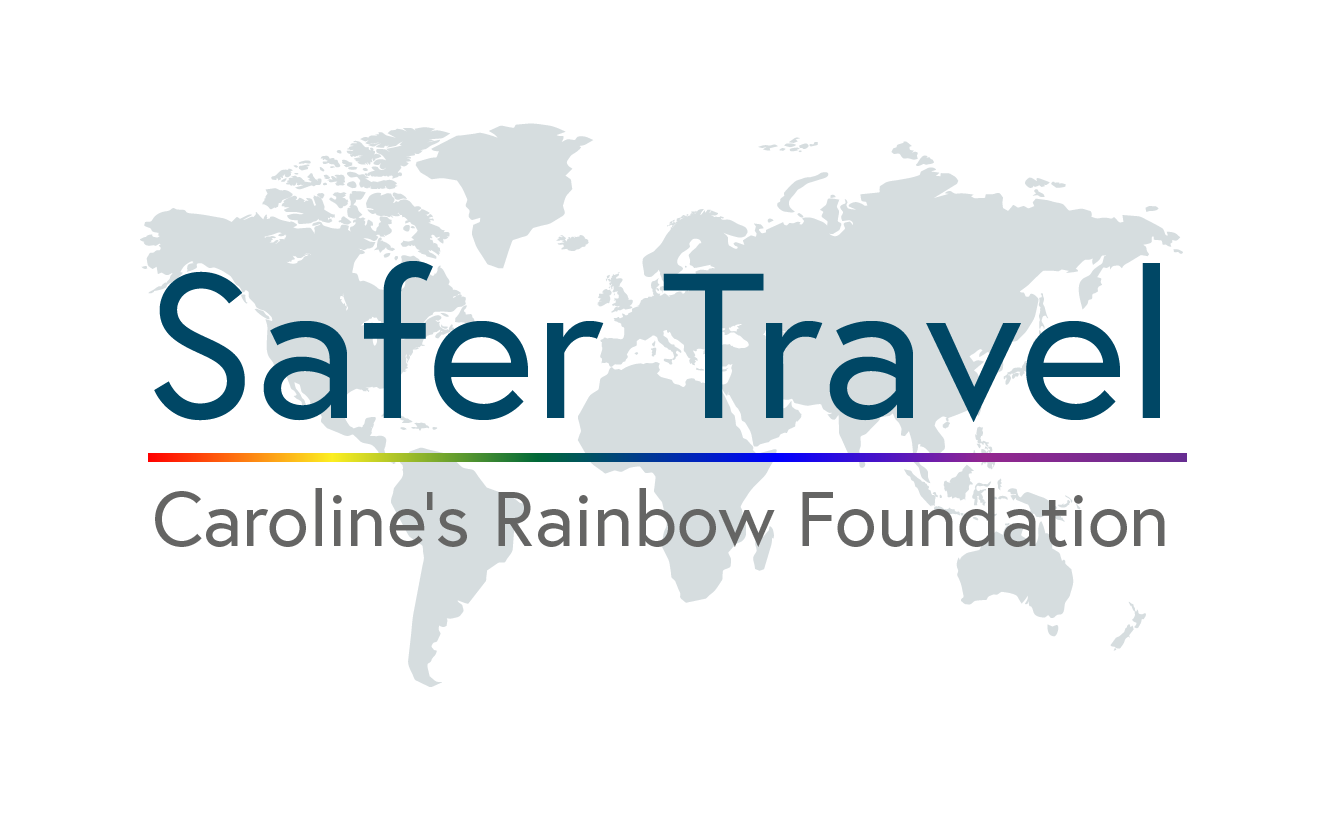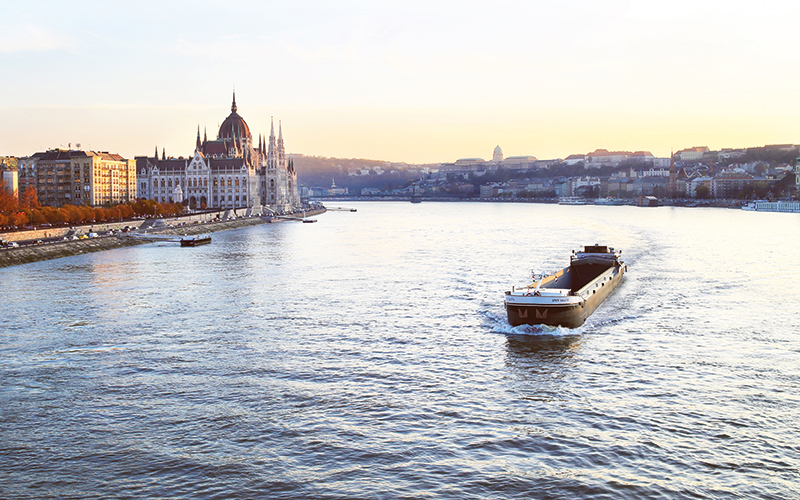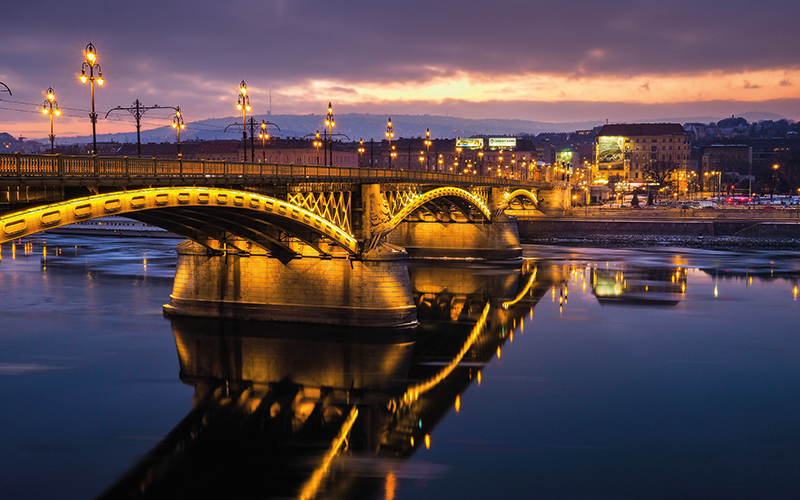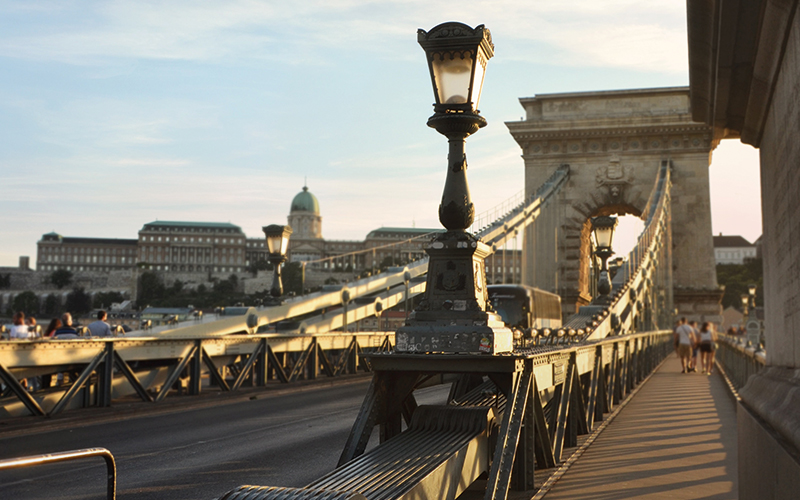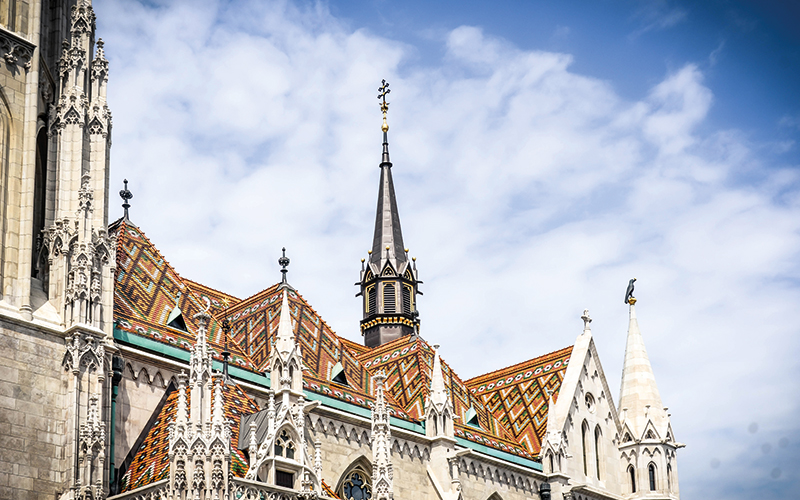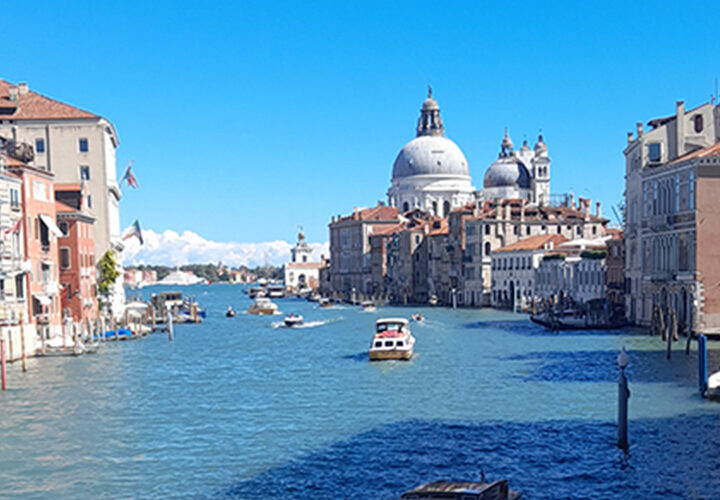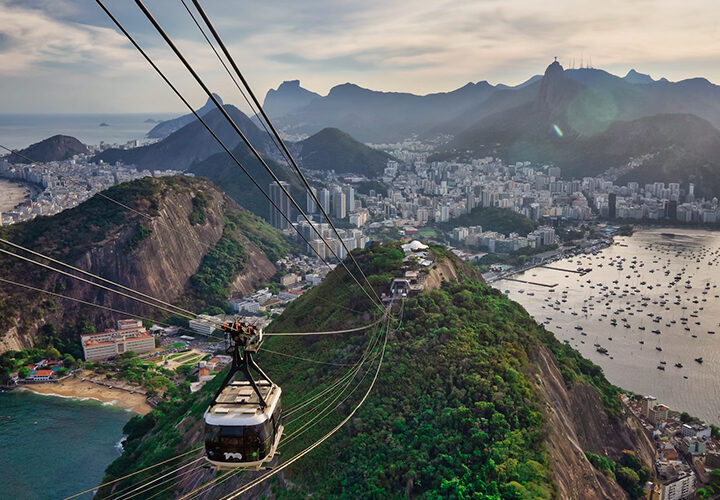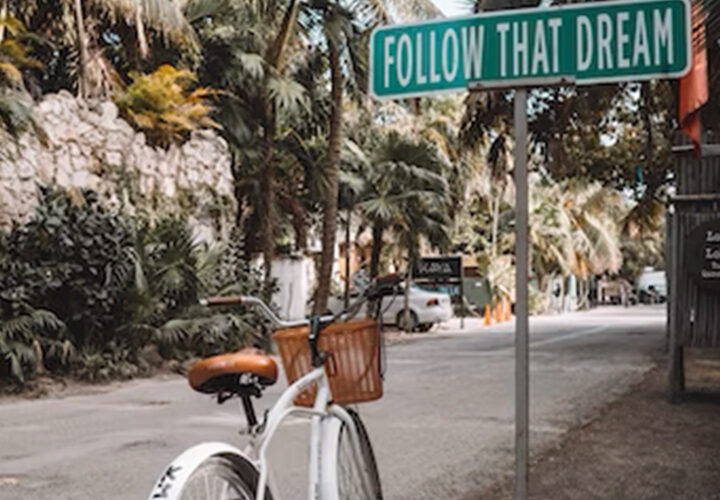Safer Travel Tips
Always do your research before you go.
Find out about the different cultures and laws where you plan to visit. Even America, Australia and other English-speaking countries have different ways from the UK. The more prepared you are, the better; it could save you being fined or arrested.
Don’t save money by purchasing the cheapest insurance or choosing no insurance at all.
To be safe, you should be covered for full medical attention. Even a simple visit to a doctor can cost what seems to be a fortune at the time. Check out the small print especially if you plan to do any unusual sports like scuba diving, skydiving or bungee jumping – often people don’t realise they‘re not insured until it’s too late.
Do try out your rucksack before you set off on your travels.
While it might seem a good idea to have the biggest one in the shop, bigger is not always better. If you can not lift it or are in danger of falling over when walking because of its size, it’s not a good look. Make sure you can lock your bags and take extra luggage straps and locks with you.
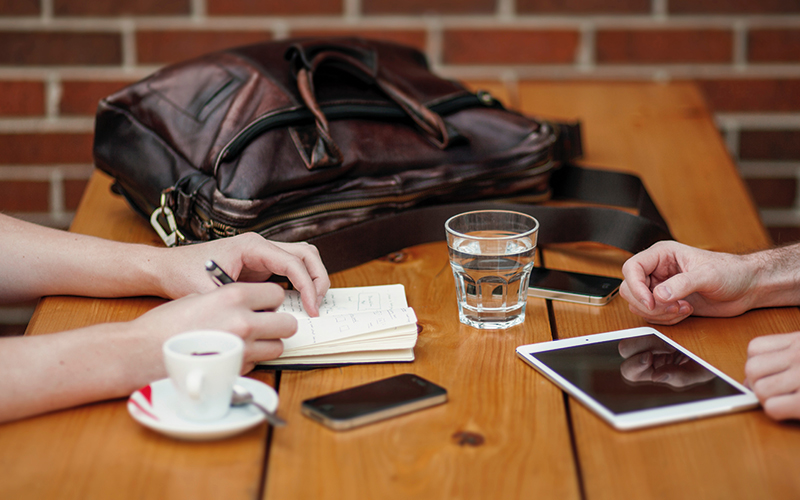
Do a trial pack at least a week before you leave home.
Do a trial pack at least a week before you leave home.
That way, if you can not get everything in that you want, you have time to think about what to leave behind rationally and not be in a panic the night before and end up leaving something vital behind.
Be careful where and how you take photographs.
It’s often not a good idea to take photos of anything official, or anything which could be connected to the military, such as airports or border checkpoints. This could attract unwanted attention or hostile behavior from local people or officials.
Try to learn a few simple phrases in the local language.
If you find that hard or you do not understand the dialects, at least you should learn to recognise them when written down. Knowing what the sign is for a bus stop, cafe, phone, police or hostel could be very helpful, particularly when arriving somewhere at night.
Remember items such as condoms are often inferior in quality.
Especially in places such as Africa and South America; if you think you might need them, it’s probably best to take your own that you know are safe.
Try not to carry lots of money around with you.
Lock it away in a safe if you can. Most hostels have a safe at reception. Remember you can be watched using a cash point or inside a bank.
Local transport is usually very different abroad, especially in developing countries.
You may have no choice but to travel on a bus with worn tyres, too many passengers, or no seat belts to avoid being left in a deserted location, but it is worth finding out if there are any other options. Try to sit near to the main door or by an emergency exit if possible. It may seem fun to hang off the bus or sit on the roof like the locals but realistically this could be very dangerous.
If you take regular medication, ensure you have enough for your trip.
Also keep a note of what it is in case you lose it. You may be able get hold of it in another country but this is not guaranteed. It may also be called a different name so try to have a note of the generic name of the drug rather than a brand name. Pharmacists can usually help with this. If taking a large amount of the prescription medication with you, take a doctor’s letter explaining what it is and why you need it. This will be easier than being mistaken for smuggling drugs.
Visit your doctor or travel clinic at least a few months before you go to find out what vaccinations or medication, such as malaria tablets, you might need. Sorting this in advance ensures you have enough time to be vaccinated (some vaccinations need to be a few weeks apart); it also gives you time to recover from any side effects before you leave home.
Be aware of the food and dietary habits in the country/countries you plan to visit.
While sun-dried grasshoppers may not be your normal diet, you might want to be prepared to try new foods. Hygiene abroad, particularly in developing countries, may not be at the same level as at home so be careful not to offend when offered food, even if you think it looks raw or disgusting. If you do get a “gippy tummy” make sure you drink plenty of clean, ideally bottled, water to ensure you don’t get dehydrated.
Take a basic first aid kit with you.
Especially if you are visiting remote areas where it could be days before you can get to a doctor. Antiseptic wipes, antihistamines for bites, rehydration sachets, diarrhea tablets, antibiotic eye drops, emergency tooth filling kit are a few basics that are easily purchased here before you go. You can buy a commercial travel first aid kit but check what it has in it before you rely on it.
Try to book your first night’s accommodation in a new location.
Especially if you plan to arrive after dark. Make sure you know where the place is, how far it is from your arrival point and the best way to get there. Standing around with a map and large rucksack is a give away that you are new in town and could attract unwanted attention.
Leave copies of all your travel documents, visas, insurance policies and bank card details with someone back home.
If you lose them or they are stolen, it is easier to report if you have all the details to hand. If you can store them on the computer and email the images to yourself, you will always have the documents wherever there is internet. Lock your passport and travel tickets in a safe if possible.
If you plan to work abroad, find out if you need a work visa and get it before you leave.
Some countries will not let you work while on holiday. Try not to be tempted by the offer of cash in hand; if caught, you could easily be deported or even imprisoned.
While travelling from place to place, try to lock your luggage.
If you can not see it and do not leave any valuables in it. Take all valuables with you, regardless of mode of transport.
Nothing is worth more than your life.
Money, cameras etc can be replaced, especially if you have insurance. If challenged, do not put up a fight. Letting it go could save your life.
In hotel or hostel rooms.
Check that your windows and doors lock properly and keep them locked at night. Request a room that is not on the ground floor. Check the fire evacuation procedure from your bedroom in case of emergencies.
Make sure that someone always knows where you are and when you can be expected to return.
This is especially important in rural places where mobile phones may not work.
If you are travelling in a hire car.
Keep the doors locked at all times, especially when you are stuck in traffic. Make a note of contact numbers for the rental company in case of breakdown or theft. Be careful when parking your car as you may not be able to read or understand the parking rules. You do not want to return and find your car has been towed away.
When leaving your accommodation or base for the day, only take the money you think you will need for the day with you. Don’t carry it all!
